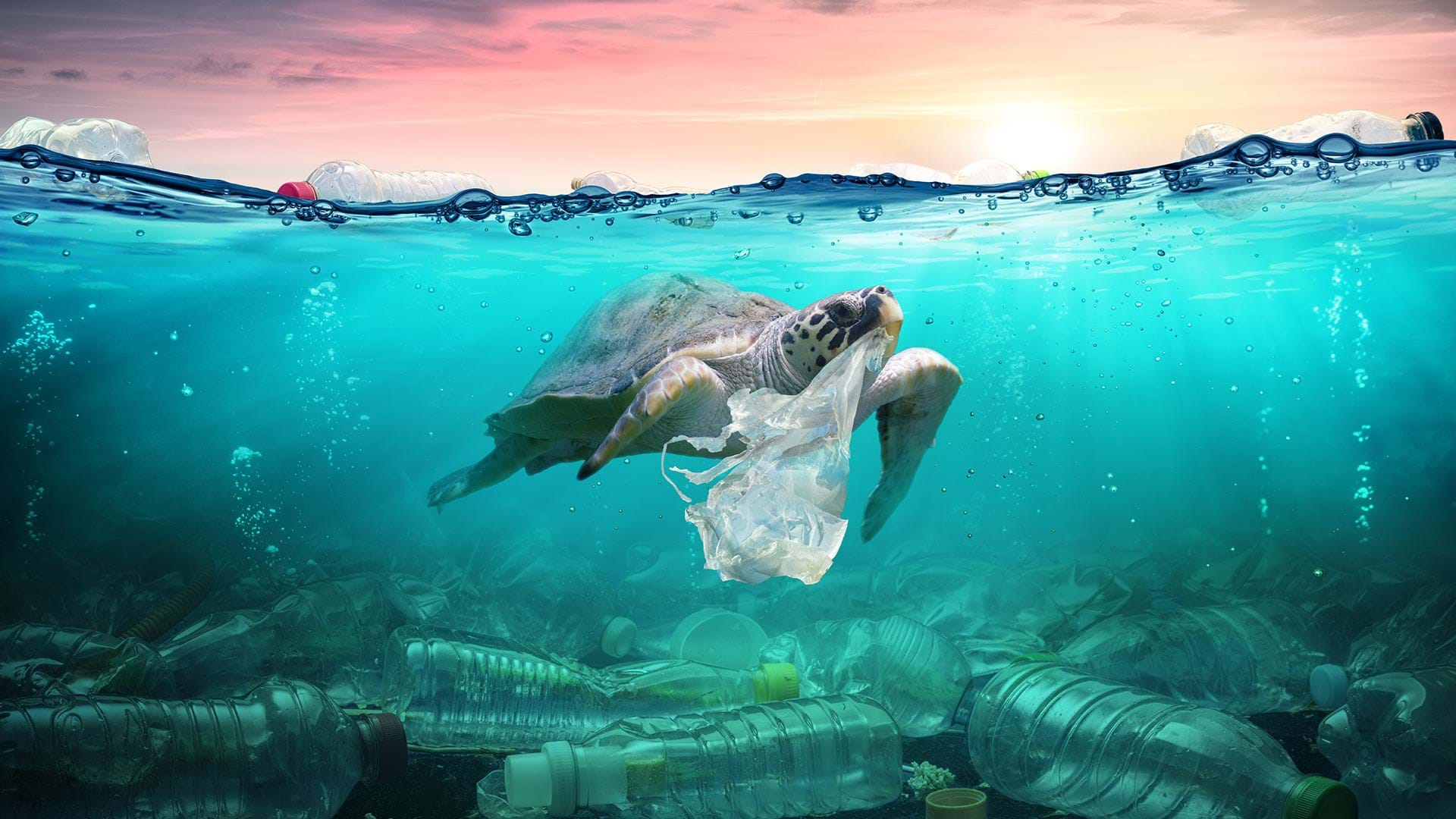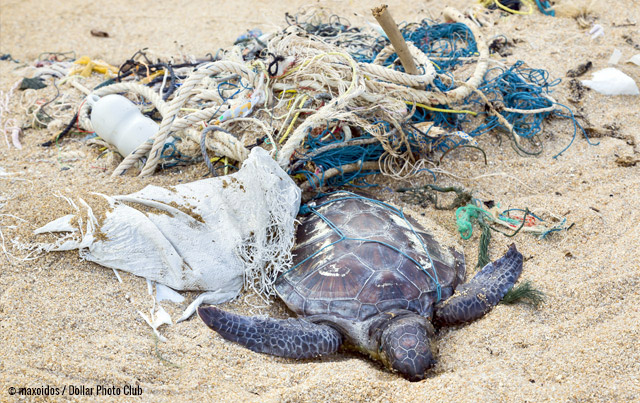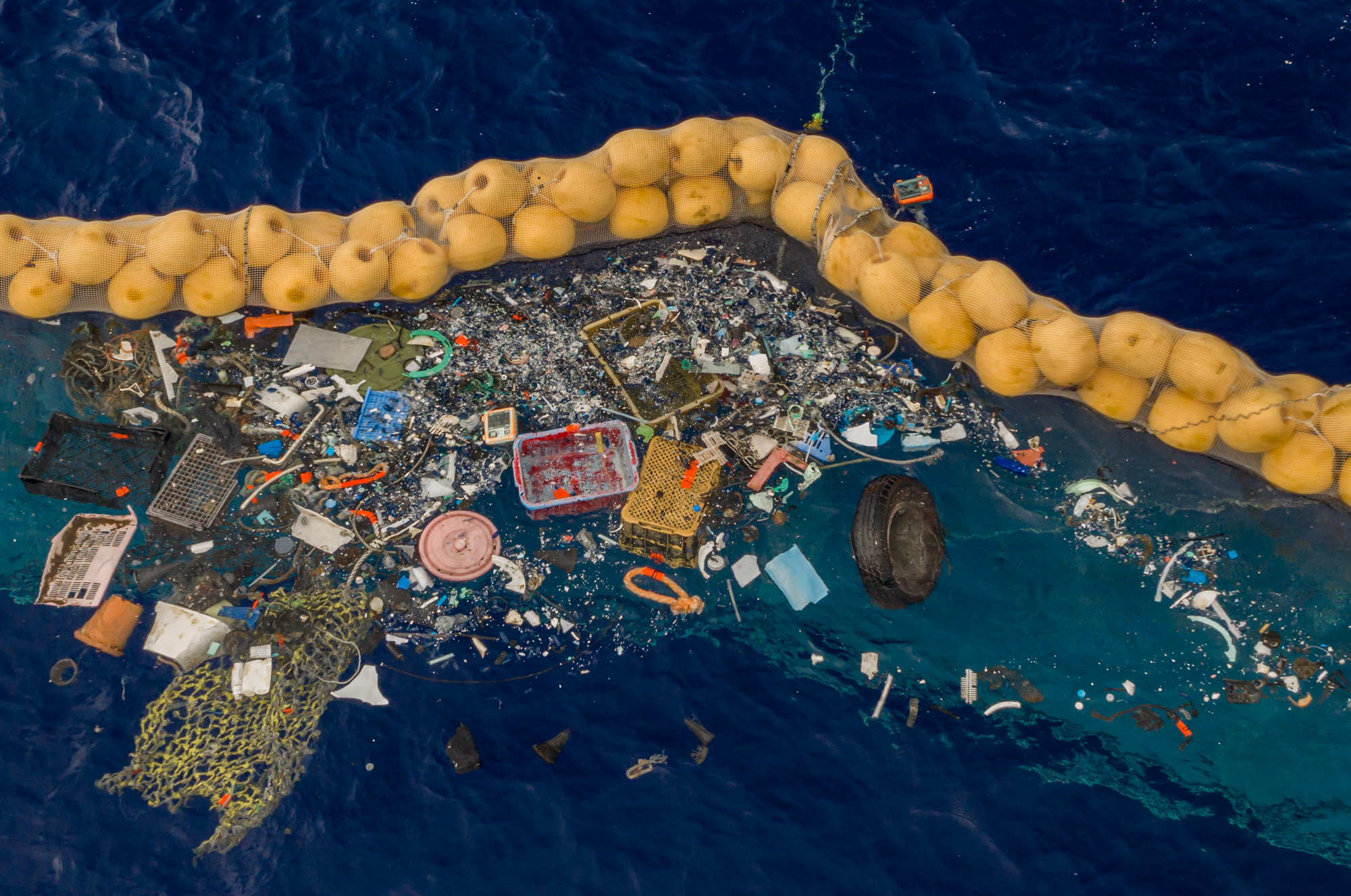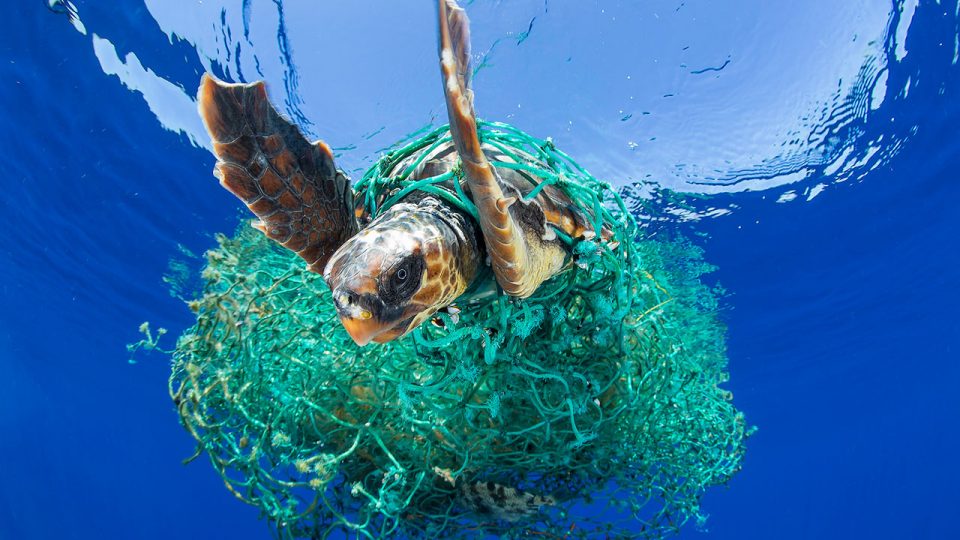Featured
Trash In Our Oceans
Garbage patches are large areas of the ocean where trash fishing gear and other marine debris collects. The numbers are staggering.
 The Story Of Ocean Pollution Most Plastic In Our Oceans Can Be Traced Back To Just 10 Rivers Eco Warrior Princess
The Story Of Ocean Pollution Most Plastic In Our Oceans Can Be Traced Back To Just 10 Rivers Eco Warrior Princess
Atlantic and Other Oceanic Trash Islands Though the Great Pacific Garbage Patch is the most widely publicized of the so-called trash islands the Atlantic Ocean has one as well in the Sargasso Sea.

Trash in our oceans. For the past 30 years Ocean Conservancy has worked with millions of volunteers all over the world to take action by removing and recording trash during our International Coastal Cleanup. As Hawaii contemplates joining over 60 places in the US to ban the use of throwaway styrofoampolystyrene - 17 students from Hawaii vision a future for the. The Great Pacific Garbage Patch is a collection of marine debris in the North Pacific Ocean.
To begin with there is dangerous trash in the ocean is partially because of accidental human litter. In the past communities around the world used the ocean for waste disposal including the disposal of chemical and industrial wastes radioactive wastes trash munitions sewage sludge and contaminated dredged material. The Great Pacific Garbage Patch also known as the Pacific trash vortex spans waters from the West Coast of.
An astounding 560000 volunteers in 91 countries picked up more than 16 million pounds of trash in our 2014 cleanup and the results from the 2015 Cleanup to be published in May 2016 are even more. Right now it is estimated that up to 12 million metric tons of plastic everything from plastic bottles and bags to microbeadsend up in our oceans each year. There are 525 trillion pieces of plastic debris in the ocean.
The numbers add up to trouble for the oceans wildlife and us. Dead seaweed shells carcasses or other naturally-produced materials are not included. Trash In Our Oceans Ocean Trash.
Additionally heavy gear such as fishing nets can damage reefs and. Chief among the problems that ocean trash presents is the inability of ocean animals like sea turtles seabirds and seals to distinguish what is food and what is trash. Fishes will consume this water and may become contaminated with toxic substances.
Marine debris also called marine trash is any human-made solid material that is disposed of or abandoned on beaches in waterways that lead to the ocean or in the ocean itself regardless of whether disposal occurred directly indirectly intentionally or unintentionally. These areas are actually made up of debris ranging in size from microplastics to large bundles of derelict fishing gear. Since humans eat plenty of fish each year these harmful substances will eventually end up in our bodies and may cause serious health issues.
Trash in the ocean is mostly caused by general pollution that affects everything especially humans. Specifically 80 of trash in the ocean starts out as litter most of which was an accident which. Thats a truckload of trash every minute.
The term garbage patch is a misleading nickname making many believe that garbage patches are islands of trash that are visible from afar. EPAs Trash Free Waters program is reducing the volume of trash entering our waters by working with partners to implement collaborative solutions that target land-based sources. Finally one reason why there is trash in the ocean and it is so dangerous is because of accidental pollution.
Animals frequently become entangled in large pieces of debris and can be cut drowned or slowed down by dragging the extra weight. Plastic trash in particular threatens human health aquatic ecosystems and the economy. A 2014 study estimated that 8 million metric tons of plastic trash enter the sea from land every yearthe equivalent of five plastic bags filled with trash for every foot of coastline around the world.
525 Trillion Pieces and Counting but Big Questions Remain. Our oceans are in more trouble than ever before. Marine debris is litter that ends up in oceans seas and other large bodies of water.
Little attention was given to the negative impacts. The trash that is dumped into our oceans will release harmful substances into the water which leads to water pollution. Similarly the trash we are dumping into the ocean is having catastrophic effects on the animals that call the ocean home and the people who rely on oceanic ecosystems to sustain their livelihood.
Of that mass 269000 tons float on the surface while some four billion plastic microfibers per square. The Sargasso Sea is located in the North Atlantic Ocean between 70 and 40 degrees west longitude and 25 and 35 degrees north latitude. To learn more view the Trash Free Waters program factsheet here.
 How Our Oceans Became The World S Garbage Dump
How Our Oceans Became The World S Garbage Dump
 World Ocean Day 2019 Ocean Plastics Problem Isn T Going Away But Here S What You Can Do To Help Abc News
World Ocean Day 2019 Ocean Plastics Problem Isn T Going Away But Here S What You Can Do To Help Abc News
 100 Plastic In The Ocean Statistics Facts 2020 2021
100 Plastic In The Ocean Statistics Facts 2020 2021
Our Oceans The Ultimate Sump Inter Press Service
 More Than 14m Tonnes Of Plastic Believed To Be At The Bottom Of The Ocean Environment The Guardian
More Than 14m Tonnes Of Plastic Believed To Be At The Bottom Of The Ocean Environment The Guardian
 Here S Where The Ocean S Trash Comes From National Geographic Society
Here S Where The Ocean S Trash Comes From National Geographic Society
 The Ocean Cleanup Successfully Catches Plastic In The Great Pacific Garbage Patch The Ocean Cleanup
The Ocean Cleanup Successfully Catches Plastic In The Great Pacific Garbage Patch The Ocean Cleanup
 Whose Fault Is Plastic Waste In The Ocean Environment All Topics From Climate Change To Conservation Dw 31 07 2019
Whose Fault Is Plastic Waste In The Ocean Environment All Topics From Climate Change To Conservation Dw 31 07 2019
 Plastic Ocean The Great Pacific Garbage Patch Biodiversity Reset Org
Plastic Ocean The Great Pacific Garbage Patch Biodiversity Reset Org
 Whose Job Is It To Clear Up All The Rubbish Floating In The Oceans
Whose Job Is It To Clear Up All The Rubbish Floating In The Oceans
 First Global Estimates Of Trash In Oceans Change The Conversation Around Plastic Waste
First Global Estimates Of Trash In Oceans Change The Conversation Around Plastic Waste
 The Great Pacific Garbage Patch The Ocean Cleanup
The Great Pacific Garbage Patch The Ocean Cleanup
 Ocean Trash 5 25 Trillion Pieces And Counting But Big Questions Remain
Ocean Trash 5 25 Trillion Pieces And Counting But Big Questions Remain
 15 Shocking Facts About Ocean Pollution Passport Ocean
15 Shocking Facts About Ocean Pollution Passport Ocean
Comments
Post a Comment